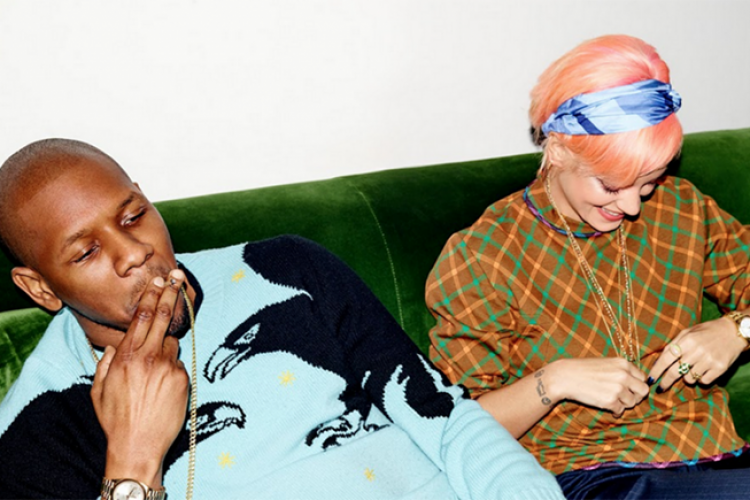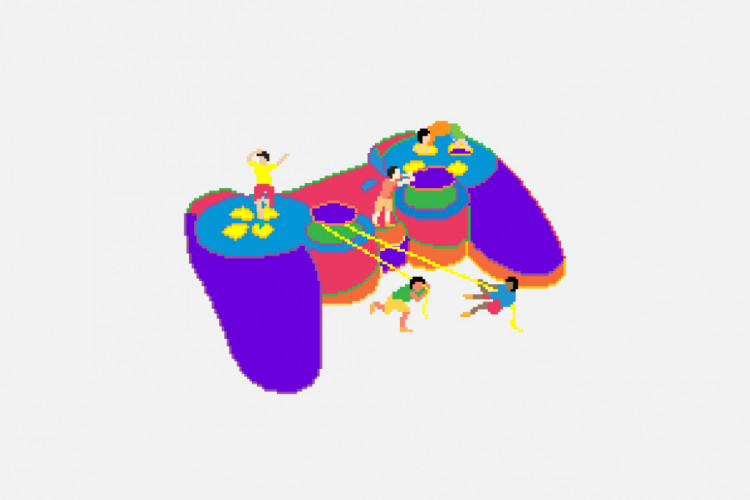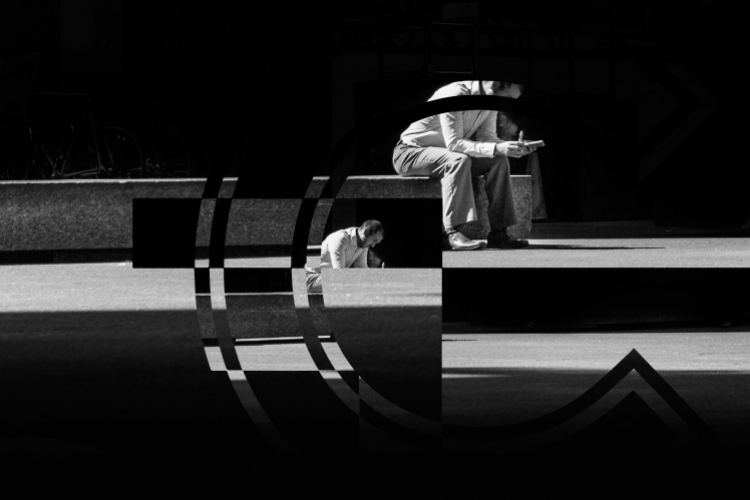World Backpacking with Dina of DuaRansel.com
Mariati Galatio (M) talks to Dina (D) from DuaRansel.com
by Ken Jenie
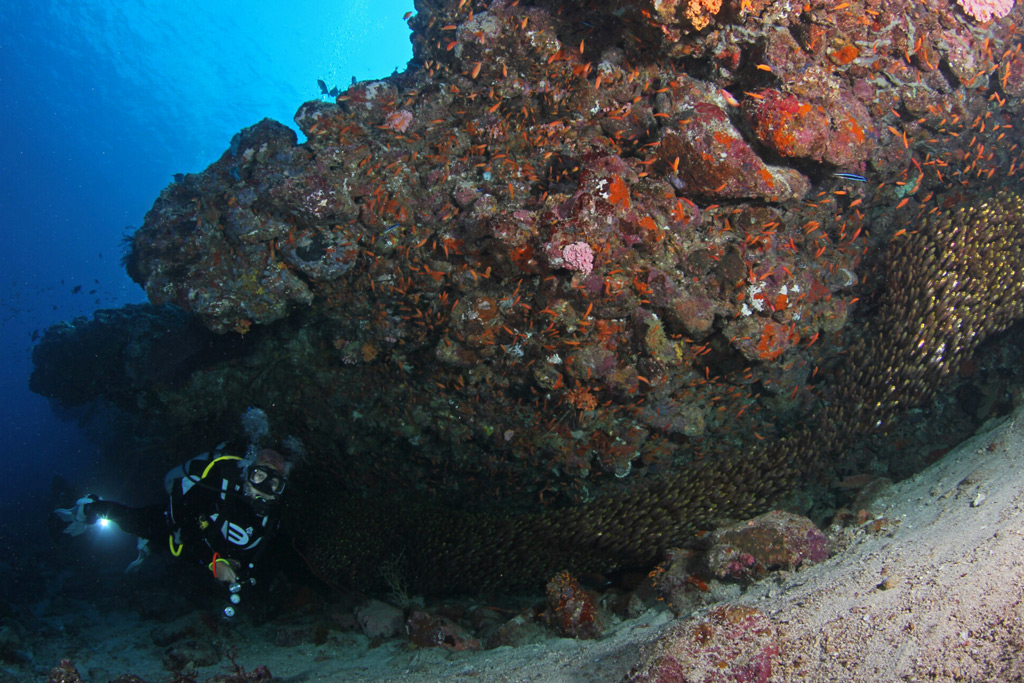
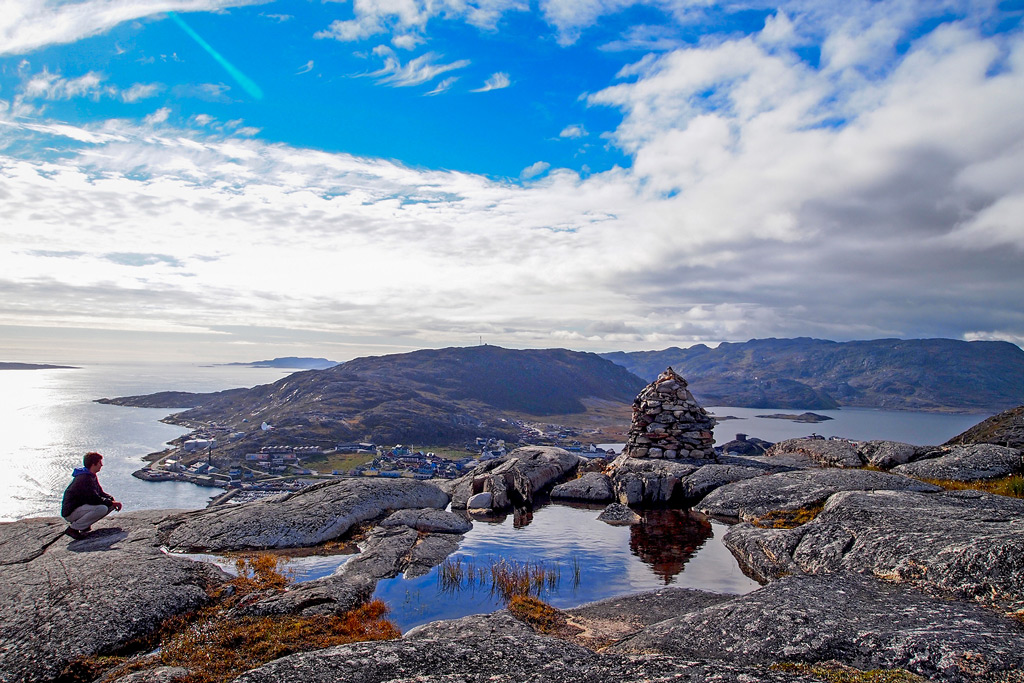
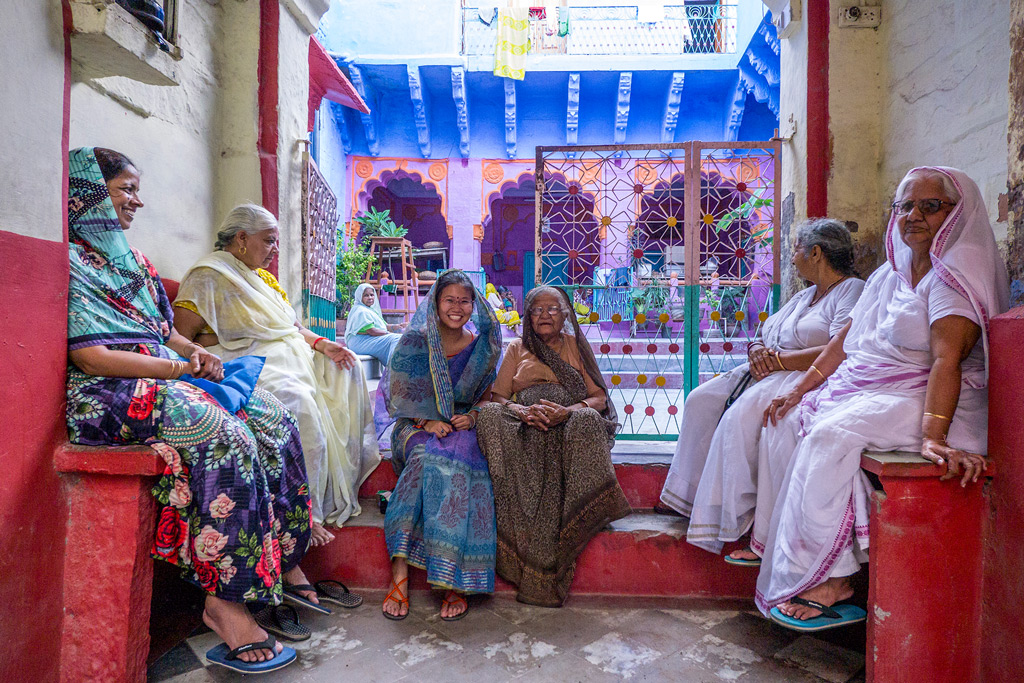
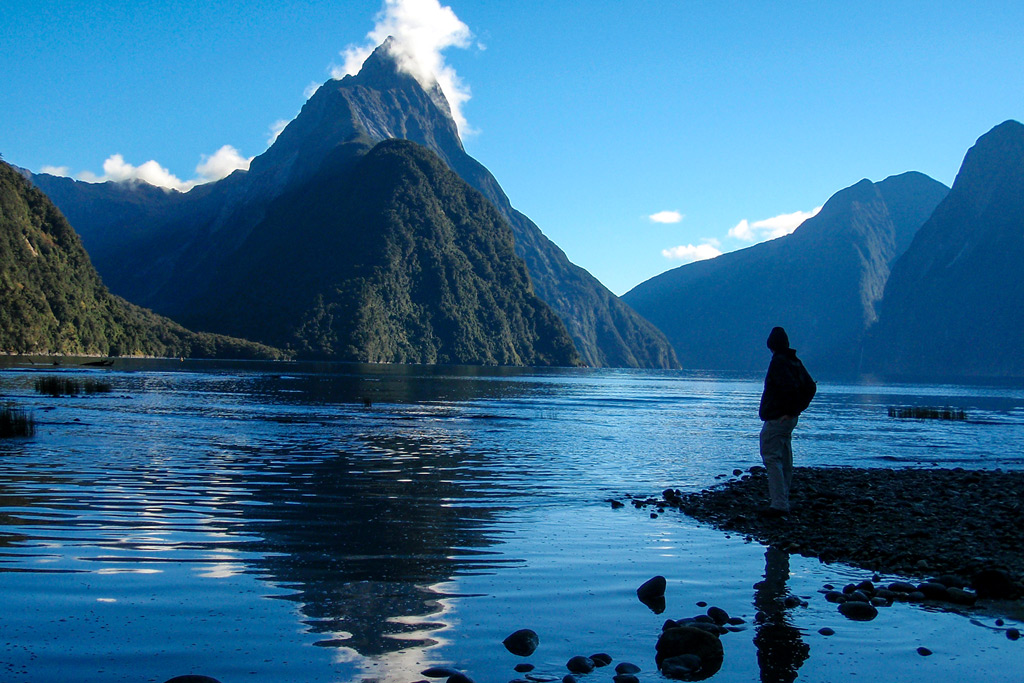
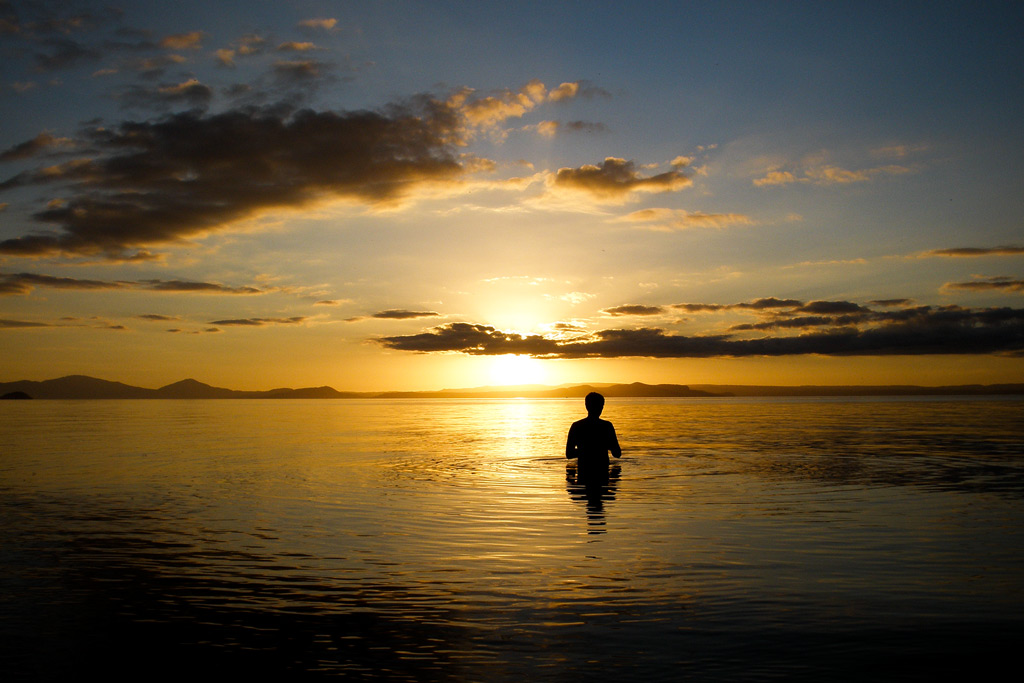
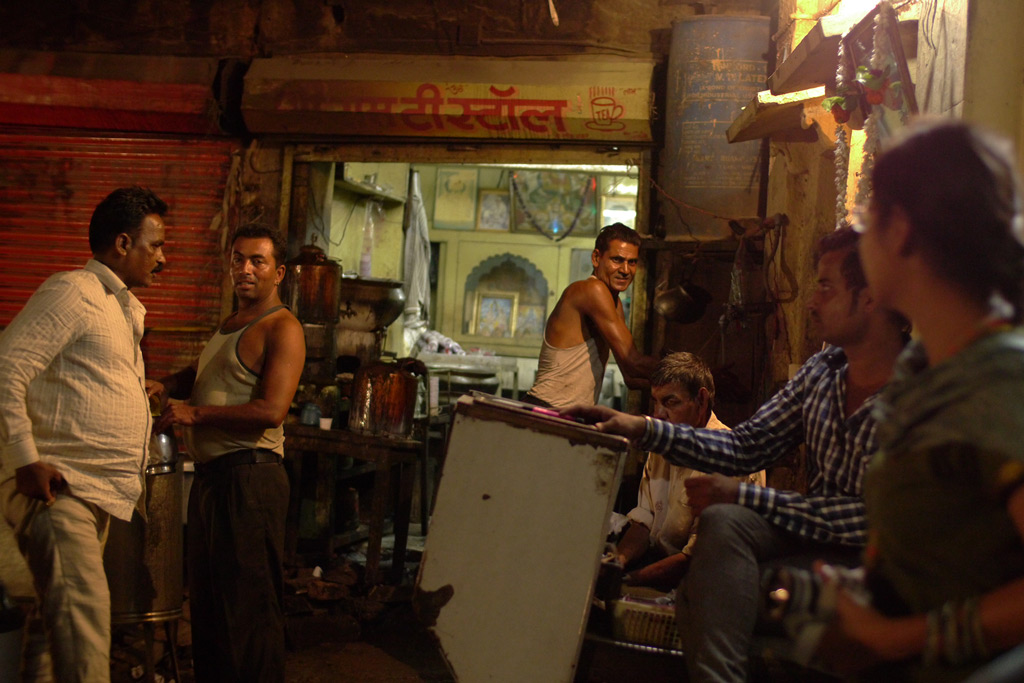

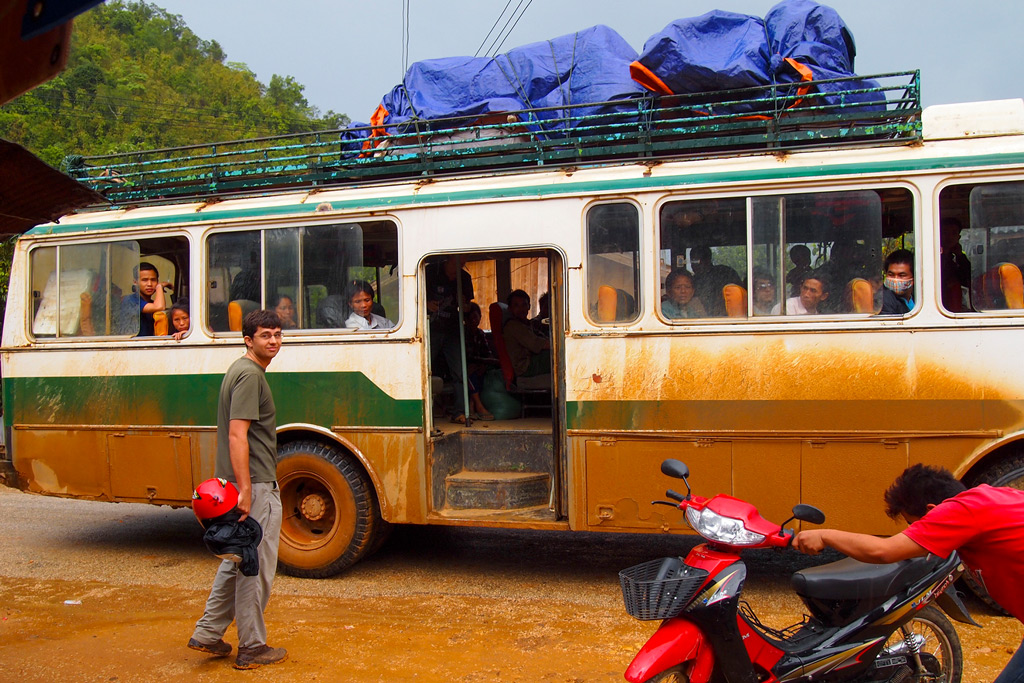
M
Could you tell us how you decided to become backpackers and lead a nomadic life?
D
In 2008, both of us were working. Ryan had an office job as a programmer and I worked in a lab while taking a masters degree. We were working all the time – 6 to 7 days a week from about 8 in the morning until 10 PM.
M
Where was this?
D
In a city called London, in Canada. We started joking about how we never saw each other because we were working all of the time, and how it would be great if we can take a break from this life. When we got married, we didn’t think life would be this way. What started out as a joke became serious, and about early 2008 we decided that we were going to travel the world in 2009.
I was taking my masters at the time, and though it would have been possible for me to get my PhD, I decided to stop at a masters degree while Ryan was going to quit his job. So in April 2009 we left the comfort of our home. When we left, we didn’t plan to lead this nomadic life for such a long time.
Although not much in amount, we did have a bit of savings. About 2 weeks before Ryan was going to leave his job, his boss said something like “Why resign? Bring your computer with you. As long as there is internet you can work and contact us.” So we ended up working and travelling at the same time. We thought we were going to burn our money while travelling, but now we could live a stable life.
After about two years, we felt that we didn’t want to go back to Canada. We also thought to ourselves “why stop travelling when we can support ourselves?”
M
What was your first destination when you travelled?
D
Our first destination was Barcelona. We do not have a bucket list, though. When most people travel, they will list the places they want to go – we do not do that. We usually choose based on what is available and what we can afford – affordable tickets, accommodation, etc.
M
How did your website, DuaRansel.com start?
D
When we started travelling, Ryan was working and I wasn’t. I would usually just wait for him at my own leisure, perhaps went on my own excursions. At the same time we often browsed the internet, and became acquainted with blogs and travel bloggers. We thought we should just try it. We only had a pocket camera, and we didn’t take pictures very often, but Ryan suggested we make a travel blog called Vagabond Quest and I started taking more pictures.
When we started the blog it was so our families and friends in Canada, Surabaya, and Bandung could stay updated on our activities. Nobody read it. Our friends were busy with their activities and for our acquaintances in Indonesia, the English language was too difficult.
In our third year travelling, I started writing in Indonesian and called it DuaRansel. The Indonesian and English languages are quite different – they tell stories differently, people who use the language are interested in different things, and even their way of thinking are different. Writing in both languages would have been difficult, and it turned out that there were more people reading DuaRansel, so the blog became more active.
M
You describe yourselves as Digital Nomad, could you explain what this term means?
D
Digital Nomads describe travellers who uses digital technology to survive. Me and Ryan depend on technology for work, blogging, photography, communication. Ryan creates websites and programs with his computer, I myself need computers to write about travelling, whether for myself or for clients.
M
How long do you usually stay in one location?
D
We like to take it slow. If it is a transit, it will probably be around a couple of hours to a day at most. When we must stay in one place, let’s say Barcelona, we do not plan how long we will stay in that location. We think about whether we will extend our stay every day – whether we should check out and move to another hotel or another city. We could stay in one place from a week to a month.
We were really comfortable in Hanoi, the accommodation were nice, the internet was good, the food was excellent and affordable. We stayed there until our visa was finished.
M
Leading a nomadic life, do you have a concept of home, and if you do, what is it?
D
This will sound kind of cheesy, but home is where the heart is. For me and Ryan, it could be wherever as long as we are together. Sometimes after a long journey carrying my back, when I get to bed, just breathing a sigh of relief – I can feel that this is home for the day.
M
Have you ever become homesick?
D
No, not really, though I would miss my parents sometimes. People will often get homesick, but that doesn’t really happen to me, just having that feeling of temporary relief is home to me. Unless the place is terrible – then it wouldn’t feel comfortable.
Unless we arrive late at night, me and Ryan usually wouldn’t book a place in advance. We would visit an area with many lodgings and go door-to-door to see what the accommodations are like.
M
How do you adapt to the people and culture in the places you visit? What are some of the difficulties you face?
D
I’m actually happy when I do not understand my surroundings. Sometimes when I am in Indonesia, I feel as though I understand too much. There is a feeling of freedom when you are not familiar with the culture. I also love studying something from scratch.
In society, there are concepts of wrong and right, even though it is a matter of cultures. What may seem right to you might not be right for another person, and the other way around. It isn’t a matter of right and wrong, it is a matter of opinion. When people become accustomed to their routines and what are around them, what is different may seem wrong to them.
The more we travel and see different cultures, the more we understand each other’s differences and everything will make sense. What we learn aren’t the stereotypes, rather the variety of people and culture, learning to not immediately judge.
M
Would you say travelling and experiencing different cultures explain how stereotypes aren’t true?
D
That would depend on your purpose of travel. People with open minds will realize that stereotypes aren’t true. On the other hand, there are people who believe in stereotypes and will consciously or unconsciously look for those stereotypes in their journey.
M
Travelling and tourism is becoming more and more popular. Would you say there is a negative impact on the local culture and nature?
D
Yes. There are natural surroundings that aren’t prepared to accommodate a large amount of people so quickly. Although programs such as Visit Indonesia is good to raise awareness of the many places, the ecosystem does get ruined. People litter, write on rocks, etc. For example, Sempu Island is a nature reserve that was formerly available only for researchers due to its ecosystem. The government has allowed tourism, and people camp there but leave their garbage behind. When you look at the pictures, Sempu Island looks beautiful, but when you look the other way it is filled with garbage. I experienced the same thing in Belitung Island, people graffitied the rocks.
Also concerning nature, exotic animals are becoming tourist attractions. There is a happy feeling when you can observe or touch an exotic animal, but think about how that animal was not meant to be caged and objectified. Tourists must be smart and understand the impact of their visit.
As for the people, many locals aren’t prepared for tourism either. For many tourist, the more exotic the locals seem, the more they are treated like objects instead of human beings. The locals will also see us a source of income – there are places where the locals no longer greet visitors with “hello,“ they instead say something like “one dollar.”
M
Could you give any tips on what travellers should prepare before going on a journey, and what are you travel essentials?
D
Make sure your documents are in order, and that you thoroughly understand the immigration rules before departing. I once read in a newspaper about two fashion designers who couldn’t enter India on Visa on Arrivals because they departed from Singapore – this is simply false. There are requirements you must fulfill to get Visa on Arrivals – you must have an exit flight and a hotel booking ready – the two designers didn’t have either.
As a backpacker, I bring as little as possible because we need to travel long distances carrying our backpacks. What takes the most space in my backpack are the electronics – the computer and camera.
M
What are the differences between travellers such as yourselves, who are nomadic, and those who travel then return to their homes?
D
When you are nomadic, there are no escapes, we can’t go home. I once fell in a temple in Thailand and broke my leg. Ryan had to carry me when travelling, and I had to crawl on my bottom to go from the bed to the bathroom. I wanted to go to a monkey festival, and limped my way there.
There are no escapes. When faced with a problem, we have to bear through it and solve it right then and there before moving on.
M
What should we expect from DuaRansel.com?
D
I do not know, we’ll see what the future holds. We will continue to travel because we haven’t found a reason to stop. We are doing what we want to do, if possible, and will continue to do so… I can’t really answer this question (laughs).
M
It’s an open-ended adventure.
D
Yes! (laughs).
M
Where will you be visiting next?
D
I will be travelling through several provinces in East Indonesia to document food – this is a project by Arie Parikesit from KelanaRasa, sponsored by Bango. I will be going to Papua, West Papua, East Nusa Tenggara, and Nusa Tenggara with Aan (@aansmile27), a photographer. The overall project is a big one; the full team consists of 7 writers and 7 photographers, spread out to cover all the provinces of Indonesia. To be honest, I don’t know too much about the food of East Indonesia, but that is why it is exciting and I want to do it.
Me and Ryan have been in Southeast Asia for quite a bit now, so I believe in the near future we will visit Ryan’s family in Canada.
M
Any final message you would like to tell our readers?
D
When travelling, try to absorb what’s around you. Use all of your senses and your heart to understand the essence of the people and culture. What is most interesting aren’t destination A or destination B, it is what happens in between. You will get the most meaning when you are in the environment, when you are interacting with people.








